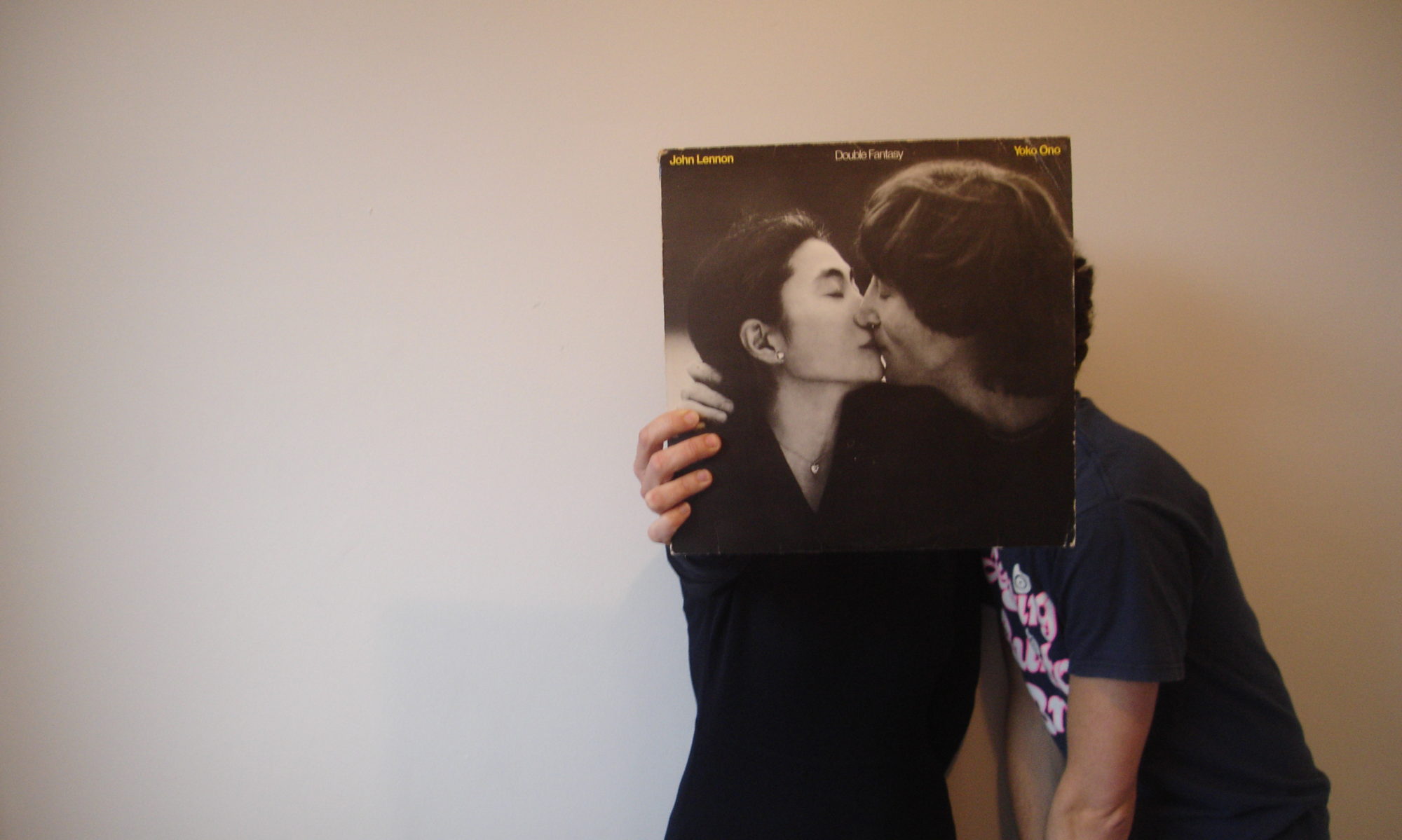In January 1969, eighteen months after the death of Beatles manager Brian Epstein, there was still a hole in the band. For the first hour or so of the new documentary, Get Back, the biggest hole in the band is the one with dark lush hair and beard. They really need the fifth Beatle to draw fire away from the others. Who could play that role?
Peter Jackson and his team spent four years restoring and condensing 57 hours of film from the last year of the Beatles. For fans, it’s like finding footage of the Last Supper.
Over eight hours, the Beatles disintegrate and claw their way back. We see a dozen songs appear. We learn that being in the Beatles in the final days could be a deep pleasure and an unrelenting chore. We discover that Yoko wouldn’t break up the Beatles, they would break away from each other, and frankly we can see why.
Two contenders for fifth Beatle emerge.
Billy the Defibrillator
Billy Preston, keyboard wizard, Hamburg alumnus and all-round good egg, pops in just after the band decamps from Twickenham to the new Apple Studios in Savile Row. George has been coaxed back after taking umbrage at the vibe and walking away. The band is not dead but its lips are turning an alarming shade of blue. Billy Preston’s smile, energy and improvisation thump the heart of the Beatles back to life. He takes Get Back and Let It Be up a notch and gives everyone a focal point that isn’t one of the other Beatles. Billy’s arrival is the point where the Beatles reform.
The Ginger River of Tea
The consumption of substances is breathtaking. The sheer quantity of tea taken on board suggests that the editing process for Jackson was less onerous than we previously thought. Close to half the footage was waiting for one Beatle or other to return from the loo.
The hero is Kevin Harrington, bringer of brews. The 18-year-old, copper-haired roadie earns the “fifth Beatle” spot based on screen time alone.
Harrington was Roadie Minor. Roadie Major was Mal Evans. Mal supplies toast, hits an anvil with Maxwell’s Silver Hammer, rolls on the floor to entertain an eight-year-old Heather Eastman/McCartney, and is a big jolly bear. No-one has ever looked more ticklish.
Everyone Knows This Is Tucson
The songwriting is mesmerizing. The songs are so ever there, that there can’t have been a time when they didn’t exist. For painful minutes, Paul is the only person watching this whole exercise who doesn’t already know that JoJo left his home in Tucson Arizona. When he gets there, we breathe out. George lets “a pomegranate” hold a seat for “no other lover” in Something and helps Ringo figure out Octopus’ Garden. Songs from John (Jealous Guy/Child of Nature/The Road to Marrakesh), Paul (Another Day) and George (All Things Must Pass) let us know they’re on their way.
And this is the moment when Paul gives birth to Get Back.
Within You, Without You
George Martin lies on the floor reading the paper, bored. George Martin stares into the middle distance, bored. George Martin fleetingly plays a tune, joyous. In that way that cartoons expose a character’s state of mind by lifting the lid on their head (see Inside Out, the Numbskulls), George Martin portrays the inside of Ringo’s head.
It’s consistently difficult to process just how unfinished the four Beatles were. So many imperfections and immaturities (the film has an infuriating amount of just dicking around). Of course. They are in their twenties and their lives are truly extraordinary. When George needs new shoes (he’s in the market for size 8 black slip-ons), the shoes come to him because he can’t go to shops any more. George is the youngest at 25 but looks the most ready for life without the Beatles. He is the most self-assured, the most strong-willed (it is he who leaves the band, he who switches his amp back on when the police shut them down). He’s about to bloom. The following year he’ll release the triple album ‘All Things Must Pass’, certainly the best solo Beatles record, perhaps the best three.
Everything about the film is unreal, unparalleled. The quality of the restored footage, the transparency of the process, the slow reveal of history, the front seat. What’s never quite clear is the role that cameras played in shaping the process. Wouldn’t it be great to think that we, every next generation of observer, watching from our new time machine, were the fifth Beatle all along?
